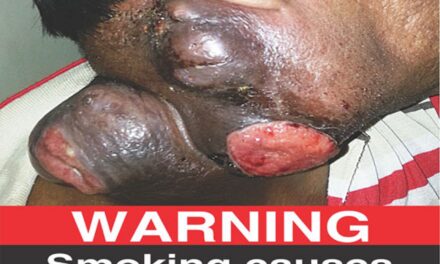New York – Women struggling with binge drinking may have their hormones to blame, according to a new study by researchers at Weill Cornell Medicine. The study, conducted on mice and published in the journal Nature Communications on Monday, reveals that the female sex hormone oestrogen plays a key role in regulating alcohol consumption, potentially explaining why women are more prone to binge drinking during certain times of their hormonal cycle.
The findings highlight a biological underpinning for the behavior, with scientists observing that elevated oestrogen levels lead to increased alcohol intake. Dr. Kristen Pleil, senior author of the study and an Associate Professor of Pharmacology at Weill Cornell Medicine, explained, “We know a lot less about what drives alcohol drinking behavior in females because most studies of alcohol use have been done in males.”
However, the spotlight is increasingly shifting toward women’s drinking habits, with recent data showing that heavy alcohol consumption among women has risen significantly. This trend also puts them at greater risk for the harmful effects of alcohol, including liver damage, heart disease, and addiction, compared to men.
Oestrogen’s Role in Binge Drinking
The study explored the impact of oestrogen by observing female mice across their oestrous cycle—a process comparable to the menstrual cycle in women. Researchers found that mice consumed significantly more alcohol during periods of high oestrogen levels.
This increased drinking was linked to heightened activity in neurons within the bed nucleus of the stria terminalis (BNST), a brain region involved in processing reward, stress, and anxiety. “When a female takes her first sip from the bottle containing alcohol, those neurons go crazy. And if she’s in a high-oestrogen state, they go even crazier,” Dr. Pleil said.
The research also revealed that this spike in neural activity drives binge behavior, particularly within the first 30 minutes after alcohol is introduced.
Implications for Treating Alcohol Use Disorder
Dr. Pleil emphasized the broader implications of these findings, noting that understanding the hormonal influence on drinking behavior could pave the way for new treatments tailored specifically for women. “Many studies show this pattern of drinking enhances alcohol’s harmful effects,” she said, underscoring the urgency of addressing this growing public health concern.
The research not only sheds light on the physiological factors driving binge drinking in women but also calls for a more gender-specific approach in studying and treating alcohol use disorders. As women continue to close the gap in alcohol consumption with men, these insights are critical for mitigating the associated health risks.












